As many parents already know, April is a busy month for kids who enjoy sports. April is National Youth Sports Safety Month, so it’s the perfect time to bring some safety awareness to the track meets, ball games, and playing fields at school and in our communities.
Safekids.org offers 5 important tips for coaches, parents, and kids:
- Before playing organized sports, make sure young athletes receive a pre-participation physical exam, or PPE, by a doctor. This can help rule out any potential medical conditions that may place kids at risk.
- Bring a water bottle to practice and games. Encourage children to stay well hydrated by drinking plenty of water before, during and after play.
- Stretching before practice and games can make a big difference by releasing muscle tension and helping prevent sports-related injuries, such as muscle tears or sprains. Make sure there is time set aside before every practice and game for athletes to warm up properly.
- An off-season is important, too. It is recommended that kids get 10 consecutive weeks of rest from any one sport every year. Playing different sports throughout the year is OK.
- Coaches should be certified in first aid and CPR, learn the signs and symptoms of a concussion and help avoid overuse injury by resting players during practices and games.
That last bullet point is one close to our hearts here at HSI. We’re big supporters of coaches being well trained in CPR and basic emergency care. See our blog posts “Sudden Cardiac Arrest in Young Athletes: Are Coaches Prepared?” and “Out-of-Hospital Cardiac Arrest Statistics — Focusing on Young People.”
The writers at familyfitness.about.com shared another great idea for those parents who are leaders in youth sports:
If you are a team mom or dad or are otherwise involved in a youth sports organization, consider hosting an event spotlighting safety practices this month. Invite an athletic trainer, physical therapist, or other health professional to speak with players, parents, and coaches about safety. Or look to your sport's governing body for health and safety guidelines and resources, such as safety videos or printed materials. You could even ask your local sporting goods store or pro shop to do a special promotion on safety equipment. If you hold sports gear swaps (this month or anytime), make sure buyers and sellers know what equipment is safe to reuse and what isn't.
Thanks to everyone who helps keep all our young athletes safe. Now get on out there and play ball!







.png?width=600&name=HSI-CTA-EmergencyCareTraining%20(1).png)











Comments